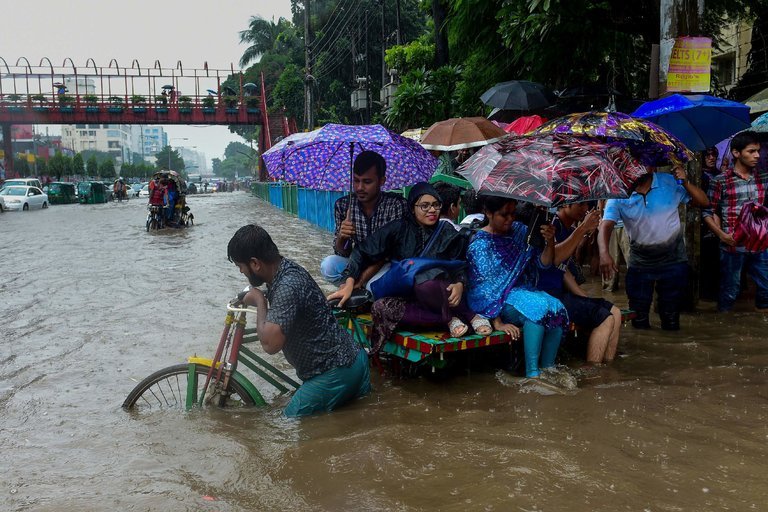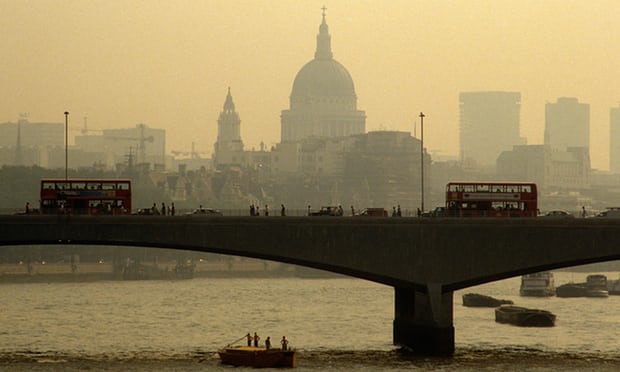
HEAT ISLANDS Heat claims more lives than floods, hurricanes and other weather-related disasters. How will cities cope as temperatures rise? ULTRAFORMA/ISTOCKPHOTO
When days and nights get too hot, city dwellers are the first to run into trouble
sciencenews.org - by AIMEE CUNNINGHAM - April 3, 2018
Since 1986, the first year the National Weather Service reported data on heat-related deaths, more people in the United States have died from heat (3,979) than from any other weather-related disaster — more than floods (2,599), tornadoes (2,116) or hurricanes (1,391). Heat’s victim counts would be even higher, but unless the deceased are found with a fatal body temperature or in a hot room, the fact that heat might have been the cause is often left off of the death certificate, says Jonathan Patz, director of the Global Health Institute at the University of Wisconsin–Madison.
As greenhouse gases accumulate in the atmosphere, heat’s toll is expected to rise. Temperatures will probably keep smashing records as carbon dioxide, methane and other gases continue warming the planet. Heat waves (unusually hot weather lasting two or more days) will probably be longer, hotter and more frequent in the future.
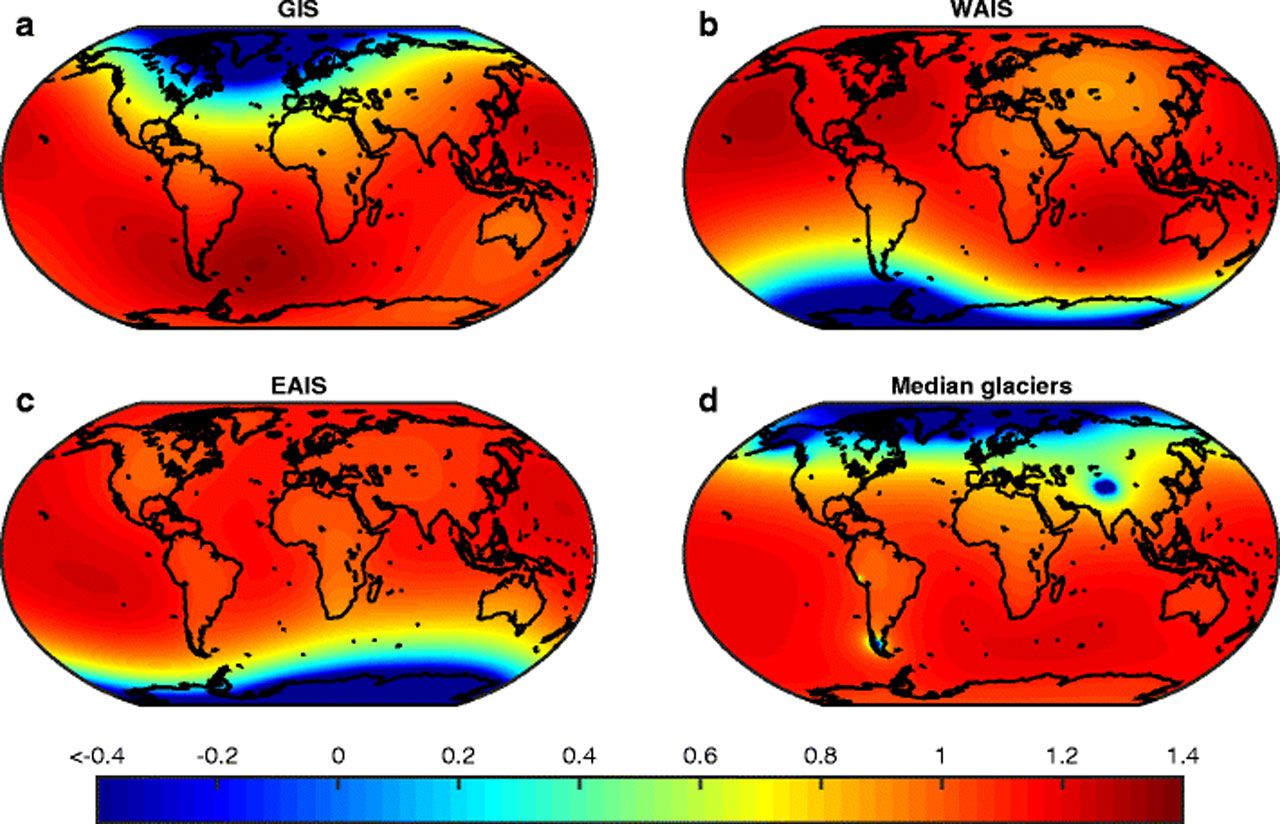
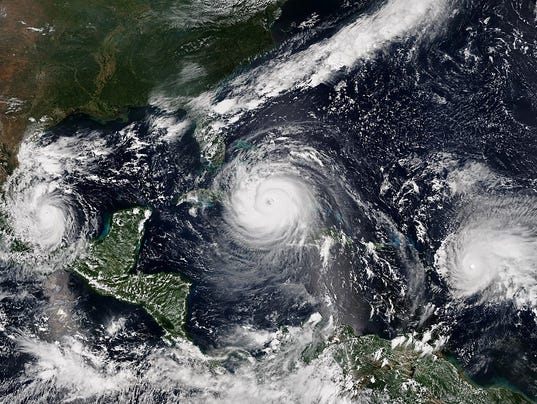



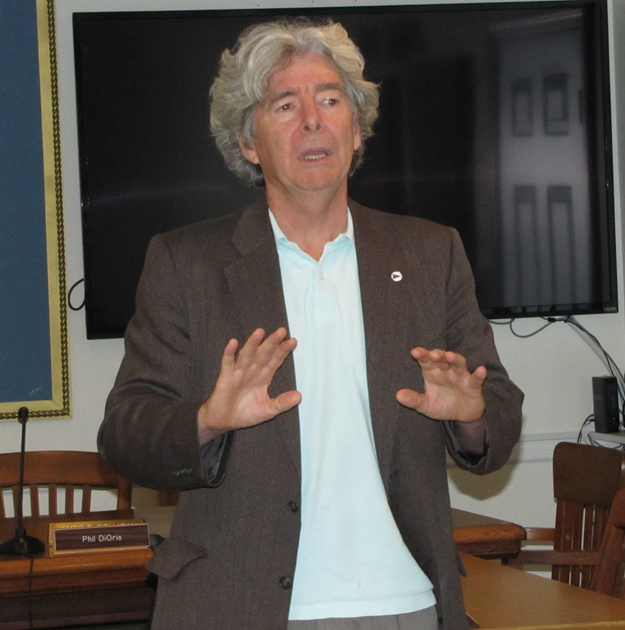 Michael McDonald of Global Resilience Initiatives of Washington, D.C., shared a vision of energy independence with the town’s Green Options Advisory Committee last week. JULIE LANE PHOTO
Michael McDonald of Global Resilience Initiatives of Washington, D.C., shared a vision of energy independence with the town’s Green Options Advisory Committee last week. JULIE LANE PHOTO